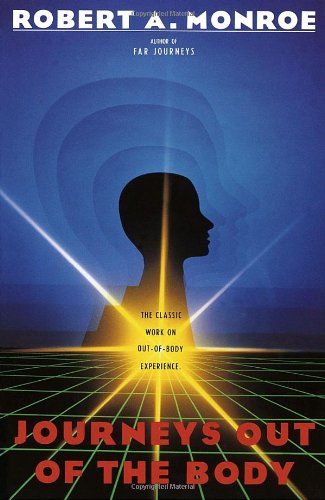mogstars
dont feel sorry for yourself
- Joined
- Aug 2, 2023
- Posts
- 3,154
- Reputation
- 3,719
Neuroscientists at the University of Wisconsin attached 256 sensors to the monk’s skull. When he meditated on compassion, the researchers were shocked to see that Ricard’s brian produces a level of gamma waves off the charts. He also demonstrated excessive activity in his brain’s left prefrontal cortex compared to its right counterpart, meaning he has an abnormally large capacity for happiness and a reduced propensity towards negativityHow tf does that work?




























